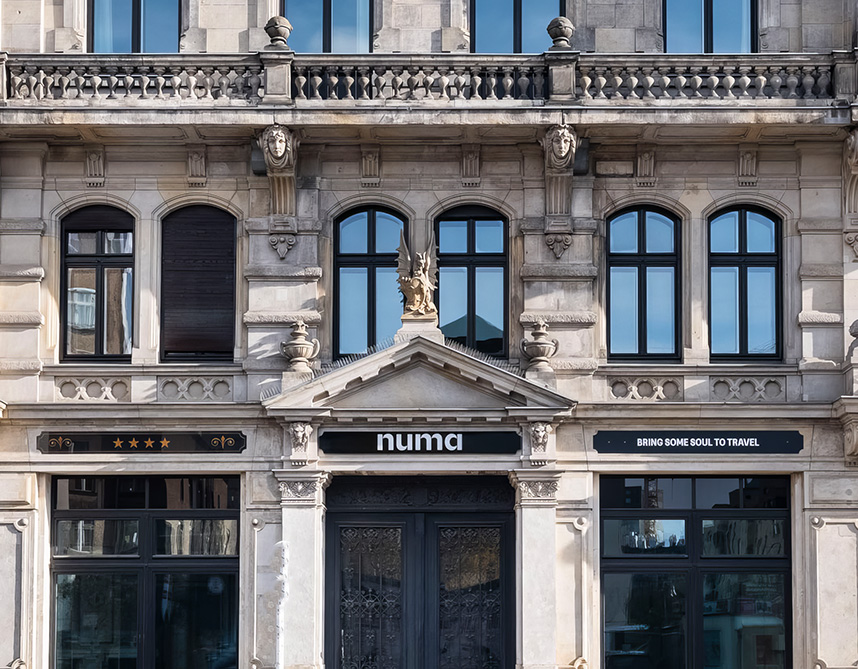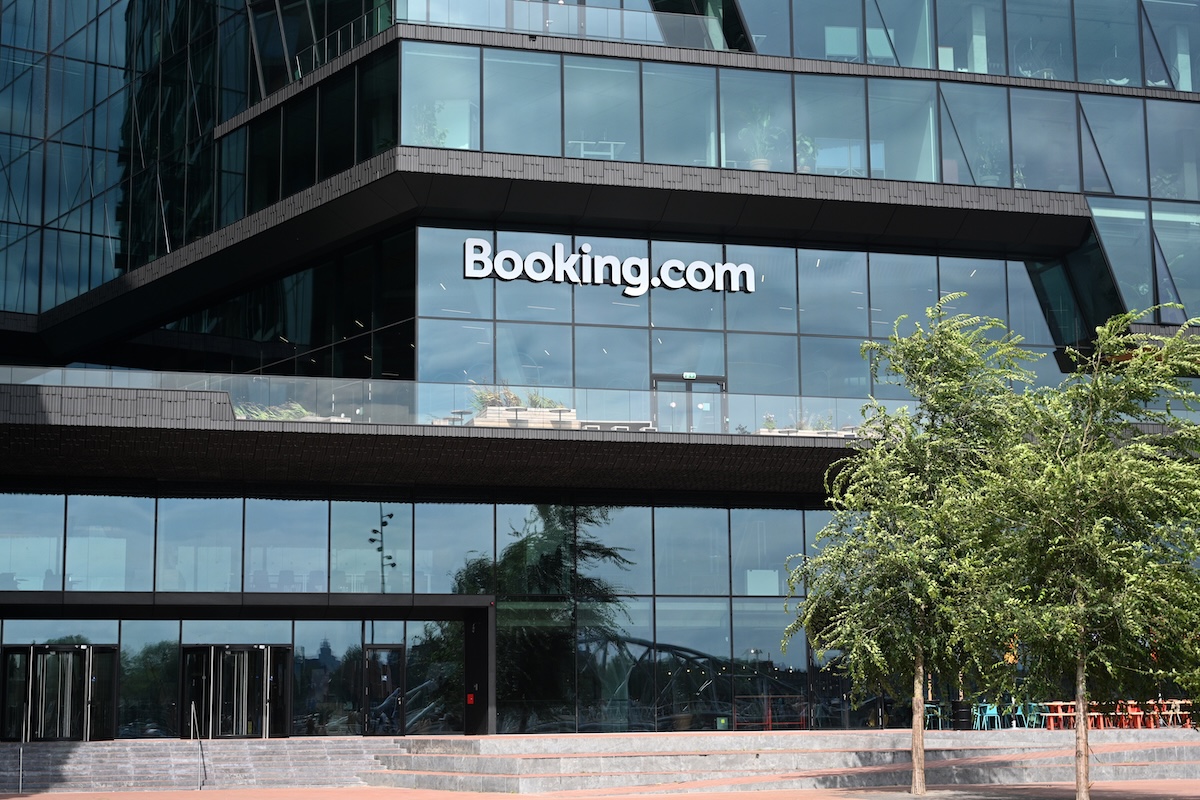European Hotel Deals Surge as Investors Shun Office Real Estate

Skift Take
Europe’s pace of hotel and short-term rental dealmaking has accelerated lately. Recent headline deals include Blackstone buying the UK’s Village Hotels for a reported $1 billion and Trinity Investments’ bid to acquire $1.5 billion in hotel assets across Europe within the next three years.
In the UK alone, the first half of this year produced the highest volume of British hotel deals in nearly a decade, according to Savills. The value of deals in the sector reached $3.85 billion in the six months to June, an increase of 35% compared with the whole of 2023.
In Europe overall, global hotel groups are taking advantage of rising interest from investors, owners, and banks. In April, Marriott said it would add nearly 100 hotels by 2026, and IHG said it would add 100 hotels in Germany.
Europe hostel chain A&O is set to invest $500 million to expand across Europe, while Pygmalion Capital is working on two portfolio transactions in Southern Europe for about $150 million.
Earlier this month, Room Mate Hospitality & Leisure, a Madrid-based hotel operator, bought the Staying Valencia brand, its management company, and leases for 10 hotels for an undisclosed sum. Room Mate Hotels' owners, TPG Angelo Gordon and Westmont Hospitality, saw an opportunity to boost the brand in Valencia, Spain's third-largest city.
Real estate reckoning
From a real estate perspective, an investment in "beds" is seen as safer investment than offices.
According to Savills, the completion of new office spaces in Europe in 2023 dropped by 32% compared to the previous year.
Capital needs to be deployed, and it’s difficult to convince an investment committee to put it into an asset that’s not in demand.
Not just hotels
The hospitality investment wave is contagious. This week, Germany’s Numa Group, which runs professionally managed short-term rental apartments with hotel-style bookings, bought aparthotel outfit Native Places for a reported $25 million.
Numa is adding 800 units from the UK’s Native Places, bringing its total to 7,300 units across Europe. The acquisition follows a $59 million fundraising at the end of last year.
Meanwhile, Bob W, a European serviced apartment operator, raised $45 million earlier this year.
“The reason we’re all busy is our product is a natural fit for office buildings which are quite dated," said Philip Grace, chief development officer of Bob W. "We’re able to go into an office building and transform it into an asset class which is in greater demand,” Grace said — citing the upcoming Bob W Kamppi in Finland as a case in point.

Inflation headwind
Construction and material costs are still rising, superseding previous construction and material hikes in 2022 and 2023. The spikes continue even though many hope Eurozone inflation eases to around 2% next year.
In France, 30% of ongoing projects encountered delays or suspensions due to rising development costs and financing issues, according to a 2023 Cushman & Wakefield study.
Brand conversions and refurbishments also drain a lot of money, and so combined, they fuel a lot of this heightened European activity.
Mix and merge
In the traditional hotel sector, investors are leaning towards brands that stand out, according to Cambon Partners, a Paris-headquartered investment bank focused on mergers and acquisitions.
Partner Morgann Lesné predicted the brands that will thrive will be the ones that “mix and merge” — and embrace the lifestyle concept.
“The long-term perspective of hospitality is bright," Lesné said. "Hotels used to ask: will I have Chinese tourists staying at my hotel?’ But it's no longer only that,” he said. “They’re now making sure the hotel serves international travelers, whether business or leisure or families or single people, whether they're from the neighborhood or abroad.”
For another France-based advisor, Franck Maisonneuve of Hôtel Conseil & Transaction, brands also need to offer something unique to attract investors, not relying solely on location.
A touch of uncertainty in France
Overall, experts predict this level of activity will continue despite political upheaval in the continent’s biggest tourism market, France.
France, as the world’s number-one tourism destination, will inevitably continue to draw investors. However, France’s new left-leaning government may change social and tax rules related to employment, which could produce higher costs for hotels — and ultimately deter investors.
“There is still a risk for the entire European Union, given the weight of France in the EU,” Maisonneuve said.
Smaller French investors, as opposed to larger institutional investors, are often limited by mandate or design to investing in French-speaking countries mostly. If France becomes too costly for them to operate hotels in, smaller investors may run into similar cost issues in Luxembourg and Switzerland, too. So they may turn to French-speaking Africa, which has huge potential, Maisonneuve said.
Long-term trend
But for now, beds, not desks, will remain in vogue. Bob W’s Grace predicts the U.S. will soon catch up with Europe.
With nearly one-quarter of all U.S. office space set to be vacant by 2026, and ratings agency Moody’s estimating commercial-property values have fallen by as much as $250 billion, investors will be left with little choice.
"The office operator has been basically sitting thinking what to do since the pandemic,” said Niko Karstikko, co-founder and CEO of Bob W. “We’ve seen a step change in the past 12 months, (there) is an understanding that they can’t sit on that empty asset anymore and that they have to do something."
Accommodations Sector Stock Index Performance Year-to-Date
What am I looking at? The performance of hotels and short-term rental sector stocks within the ST200. The index includes companies publicly traded across global markets, including international and regional hotel brands, hotel REITs, hotel management companies, alternative accommodations, and timeshares.
The Skift Travel 200 (ST200) combines the financial performance of nearly 200 travel companies worth more than a trillion dollars into a single number. See more hotels and short-term rental financial sector performance.




